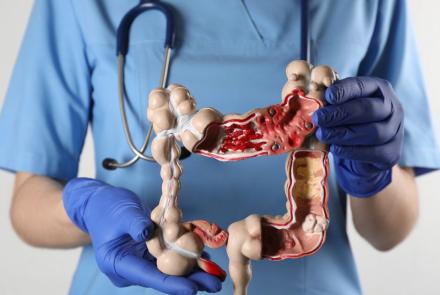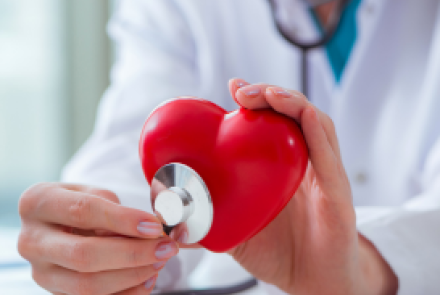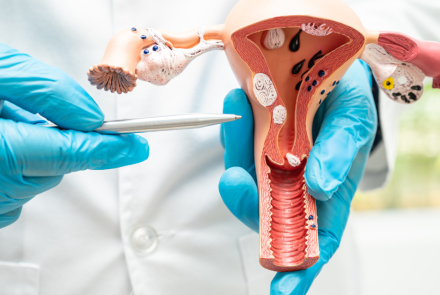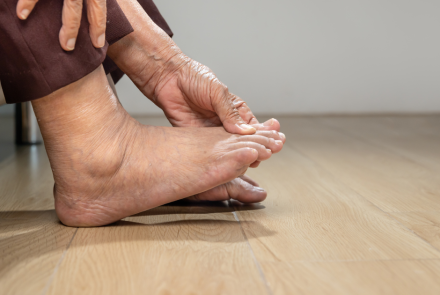High blood pressure usually doesn’t cause symptoms until it has led to serious health problems. Many people with high blood pressure aren’t even aware they have it and are not being treated for it. Even mildly elevated blood pressure over many years can be very harmful to your health, says David Southren, MD, FACC, Director of Cardiology and Physician Advisor at Montefiore Nyack Hospital and cardiologist with Highland Medical, Advanced Cardiovascular Care.
There are steps you can take to keep your blood pressure in a healthy range, Dr. Southren said. “High blood pressure is one of the most under-recognized factors that lead to disease, including stroke, heart disease, heart attack and kidney disease,” he said.
What is Normal Blood Pressure?
Your blood pressure is made up of two numbers: systolic and diastolic. Systolic pressure is the pressure when the ventricles pump blood out of the heart. Diastolic pressure is the pressure between heartbeats when the heart is filling with blood.
Guidelines for what is considered high blood pressure, or hypertension, have been lowered over the years. Today, for most adults, normal blood pressure is 120 over 80 millimeters of mercury (mm Hg), which is written as your systolic pressure reading over your diastolic pressure reading — 120/80 mm Hg. Your blood pressure is considered elevated when you have consistent systolic readings of 120–129 mm Hg. Blood pressure is considered high when you have consistent systolic readings of 130 mm Hg or higher or diastolic readings of 80 mm Hg or higher.
Certain factors increase the risk of hypertension. These include:
- Age. The older you are, the more likely you are to have high blood pressure.
- Race or ethnicity. Black Americans tend to develop high blood pressure more often than people of any other racial background in the United States but all individuals are at risk.
- Obesity
- Family history of hypertension
- Reduced kidney function
- A high-sodium diet
- Physical inactivity
- High alcohol intake
- Inadequate sleep
Treating High Blood Pressure
Many patients come to Dr. Southren hoping they’ll be able to change their diet or exercise regimen enough to lower their blood pressure. While he encourages them and advises that these measures are of great importance and should be a life-long commitment, it can be difficult to lower blood pressure adequately without medication, he said.
“Many people assume if they lower their sodium intake and try to reduce the number of calories they consume, their high blood pressure will go away,” he said. “The problem is that a person’s perception of what a healthy diet is often doesn’t match what is actually needed to lower blood pressure. If you just stop adding salt to your food, you’re still getting a significant amount of sodium in your diet based on the natural amount of salt in most food. And if you eat out a lot or eat a lot of processed foods, you’re getting a lot of sodium.”Losing weight is also difficult to achieve and maintain, he added.
For patients who need blood pressure medication, the good news is that today’s medications are unlikely to have side effects, Dr. Southren said. “Years ago, many people ended up not taking their blood pressure medication because they had significant side effects. That’s not the case now. These medications also have other benefits, including protecting your kidneys,” he said. “They’re a good addition to helping your health.”
Most people who start blood pressure medication will need to take them indefinitely, he said.
Dr. Southren cautions against trying to lower your blood pressure solely with supplements. “Most have a very limited impact on lowering blood pressure,” he said. “We know FDA-approved blood pressure medications are safe, but we don’t know about the safety of unregulated herbs.”
How Do I Know If I Have High Blood Pressure?
There’s only one way to know if you have high blood pressure: Have a doctor or other health professional measure it.
Some people have what’s known as “white coat hypertension,” or blood pressure that soars when they go to the doctor’s office. When Dr. Southren measures hypertension in a patient for the first time, he asks them to monitor their blood pressure at home with a home blood pressure monitor to see if they need treatment.
“It’s important to realize that your blood pressure doesn’t have to be very high in order to have very bad outcomes,” Dr. Southren said. “By working with your health care team to control your blood pressure, you can lower your risk for heart disease, stroke and kidney disease.”






